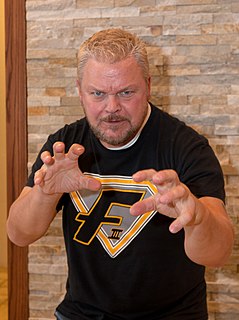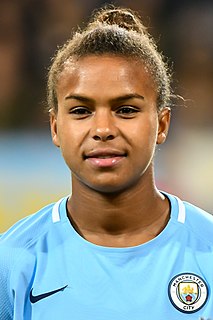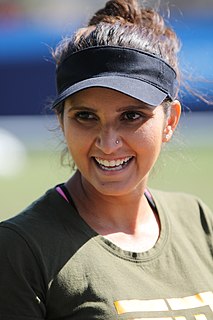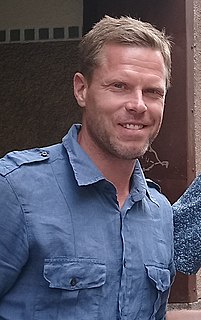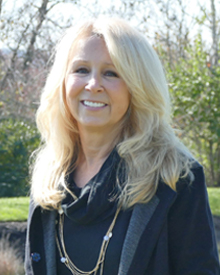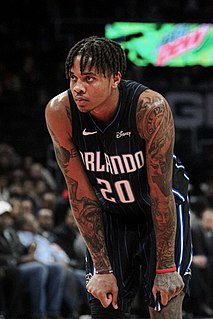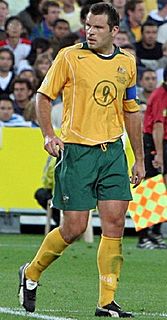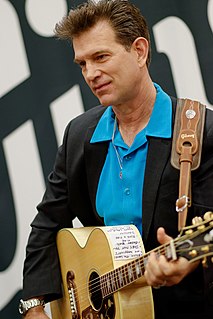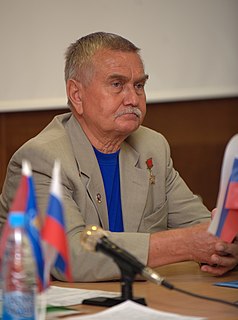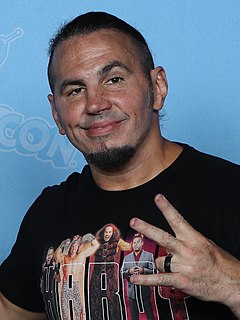A Quote by Shane Douglas
I had suffered a multitude of injuries, as most guys in the business do. Most of them came at the end of my career.
Related Quotes
Not many people know, but my joints are extremely hypermobile, and that's why I'm more prone to injuries. That's why most of my major injuries were with the joints. I had a career-threatening wrist injury where picking up a fork to feed myself was a problem, and the thought of playing tennis again was so far from my mind.
I had PubLIZity, I had Oh, Hello, I had Bobby and Farley - all of these sketches that were really these duo sketches, but the relationship between them is really what catapulted them forward. A lot of that, I think, came from Wayne and Garth, these two similar guys - they're Midwestern metal guys - but in the end, they're quite different because there's an alpha and a beta. And I think that model became very present for me on Kroll Show.
I think I learned more than most rookies learned just because the stuff with injuries and everything like that. But I think I had great vets who taught me the system quick. Most stories I hear is, most rookies get left on their own because the vets have got their business to take care of, but with me, I felt like we were all connected.
We had various kinds of tape-recorded concerts and popular music. But by the end of the flight what we listened to most was Russian folk songs. We also had recordings of nature sounds: thunder, rain, the singing of birds. We switched them on most frequently of all, and we never grew tired of them. It was as if they returned us to Earth.
Mariano the Second had been the son of a fisherman, but he'd suffered from an unfortunate tendency toward seasickness and was forced to find a respectable career that could be safely conducted on dry land. So he built boats. Mariano the Third built bigger boats. And by the time a girl from a very different type of family business arrived at their shopfront on the Mediterranean coast, Mariano the Fourth had built and patented at least half a dozen of the most advanced (and justifiably expensive) watercrafts in the world.
